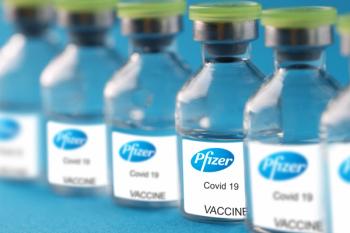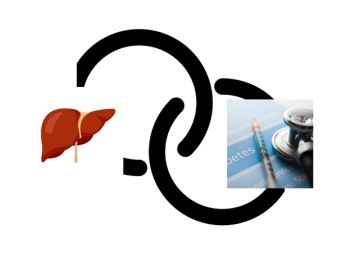
The interplay between nonalcoholic fatty liver disease and diabetes can amplify both conditions, say two prominent researchers.

The interplay between nonalcoholic fatty liver disease and diabetes can amplify both conditions, say two prominent researchers.
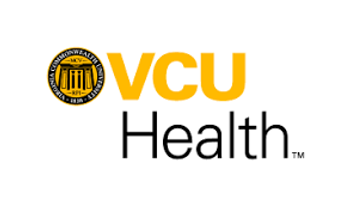
One of the priorities of the new institute at Virginia Commonwealth University’s medical school will be research into nonalcoholic steatohepatitis (NASH) as a key component in the emerging construct of metabolic health, says its leader, Arun J. Sanyal, M.D.
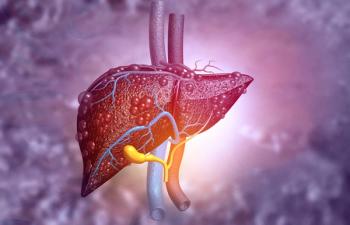
Researchers say their results suggest that clinicians should consider nonalcoholic fatty liver disease a risk factor for hypoglycemia among their patients with type 2 diabetes.
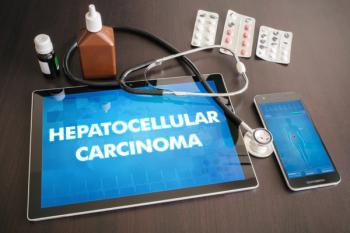
Results of an AstraZeneca trial presented at a recent ASCO meeting sow hopes for a new treatment for patients diagnosed with unresectable hepatocellular carcinoma, the most common type of liver cancer.
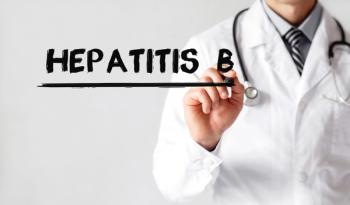
Findings reported in JAMA Network Open show that patients with chronic hepatitis B didn’t reap the benefits of price competition as the number of generic suppliers of the antiviral increased from one to 11.
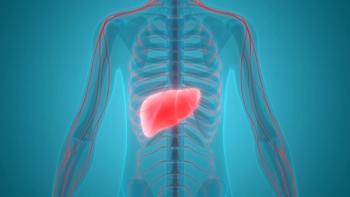
Although systemic therapy improves survival for patients with advanced unresectable hepatocellular carcinoma (HCC), uptake was low and dose reductions were common, according to a real-world Canadian study.
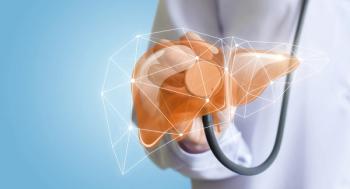
The introduction of an electronic tracking system decreased the time from hepatocellular carcinoma (HCC) diagnosis to treatment by more than a month.

'Just do it' is the takeaway from a review of 19 studies that found no difference between bouts of high-intensity physical activity and more moderate forms of aerobic exercise when it comes reducing liver fat.

Excessive drinking has increased 21% during the pandemic.

A study conducted in China shows an association between metabolic-associated fatty liver disease and air pollution.
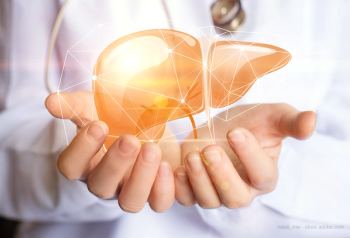
More patients aged 65 or older in the United States will need a liver transplant than ever before, according to a study by Inova Health System.
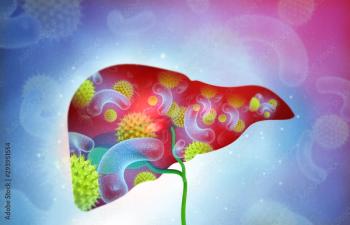
Whether the hepatitis C virus plays a direct role in causing hepatocellular carcinoma or an indirect one by fomenting inflammation and cirrhosis is unclear.
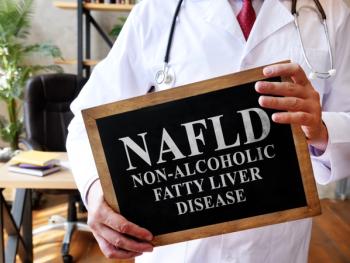
Findings from a longitudinal study of nonalcoholic fatty liver disease patients show that mortality increased with fibrosis.

Industry-sponsored survey of physicians that take care of chronic liver disease patients found evidence that suggests that incidence of severe disease has increased.
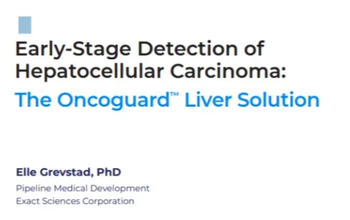

More than half of advanced liver disease patients have had procedures canceled due to the COVID-19 pandemic, according to a recent survey.

Liquid biopsies and new MRI technology may help clinicians monitor and stratify patients by the likelihood of whether their liver disease will worsen.
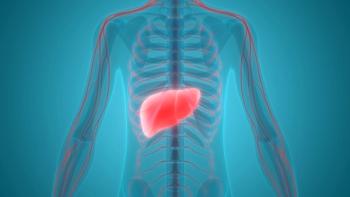
Exact Sciences test that uses DNA methylation biomarkers is more sensitive than alpha-fetoprotein.

Three notable medications to treat liver diseases are expected to come online in the third quarter of 2021 and in 2022, according to PBM OptumRx.

A targeted therapy using non-thermal radio waves improved overall survival in hepatocellular carcinoma (HCC) patients and had no side effects, a new study found.

Coffee may have some protective properties. Alcohol implicated, again, as a risk factor.
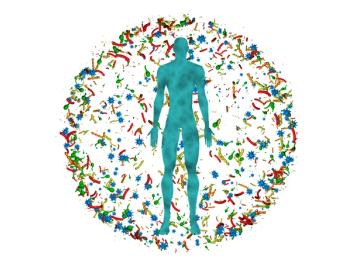
Micronoma, a San Diego company, says its technology picks up signs of very early cancer from disrupted microbiome.
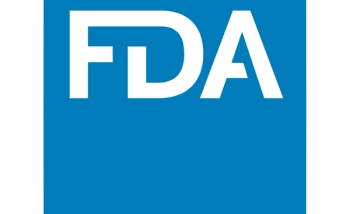
New vaccine for pneumococcal disease, an sNDA approved based on real-world data, a new therapy for skin and muscle disease, Keytruda combination receives full approval in endometrial cancer, a new diabetes therapy is approved, and another JAK inhibitor misses PDUFA date round out this week’s FDA news.
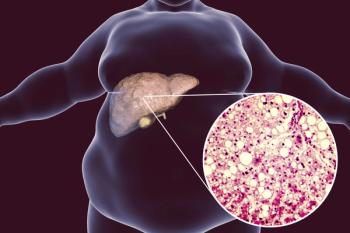
Positive findings for resmetirom and icosabutate were presented at the meeting in June.
